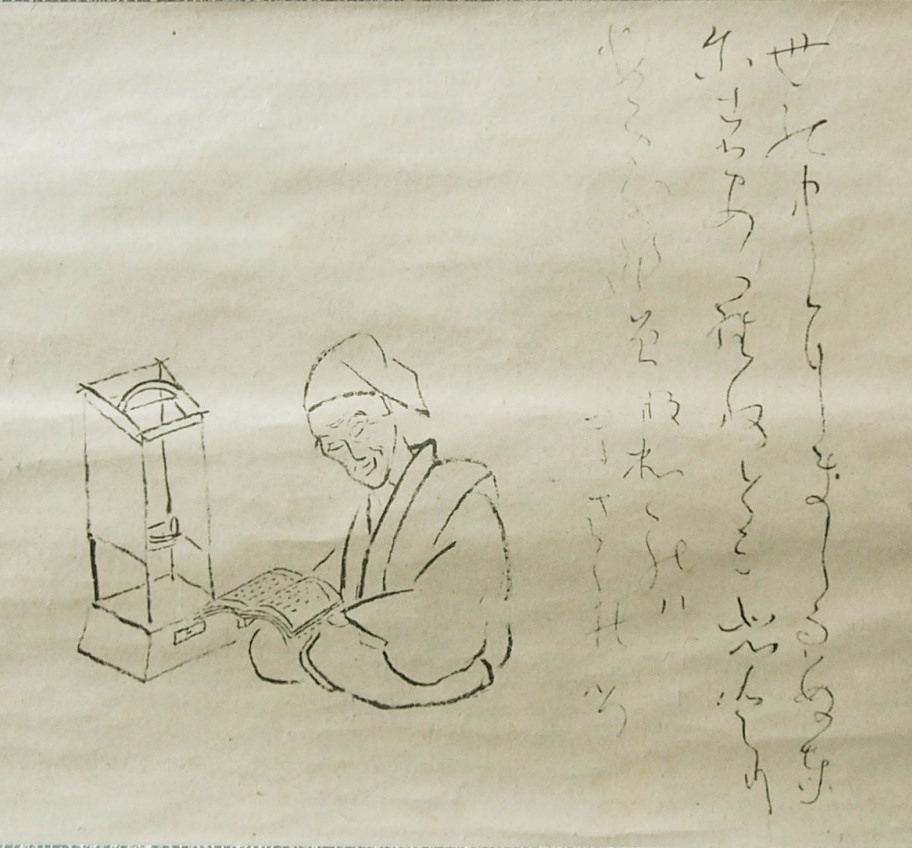“The rain has stopped, the clouds have drifted away, and the weather is clear again.”
Zen Poetics of Ryokan (2006)
Contexto: The rain has stopped, the clouds have drifted away, and the weather is clear again.
If your heart is pure, then all things in your world are pure.
Abandon this fleeting world, abandon yourself,
Then the moon and flowers will guide you along the Way.
